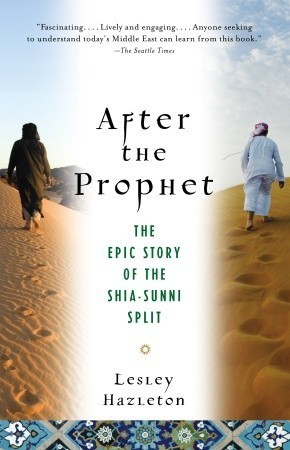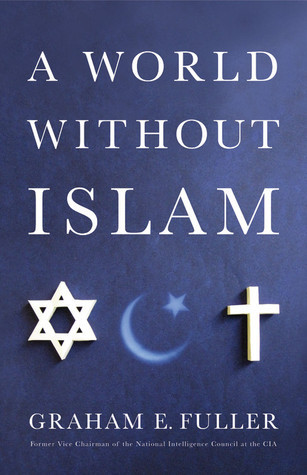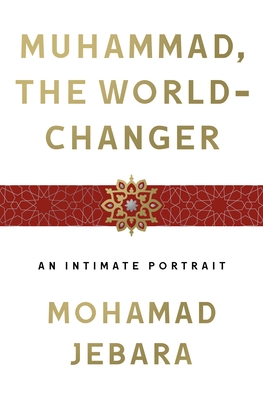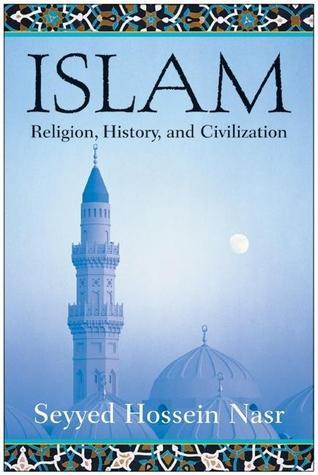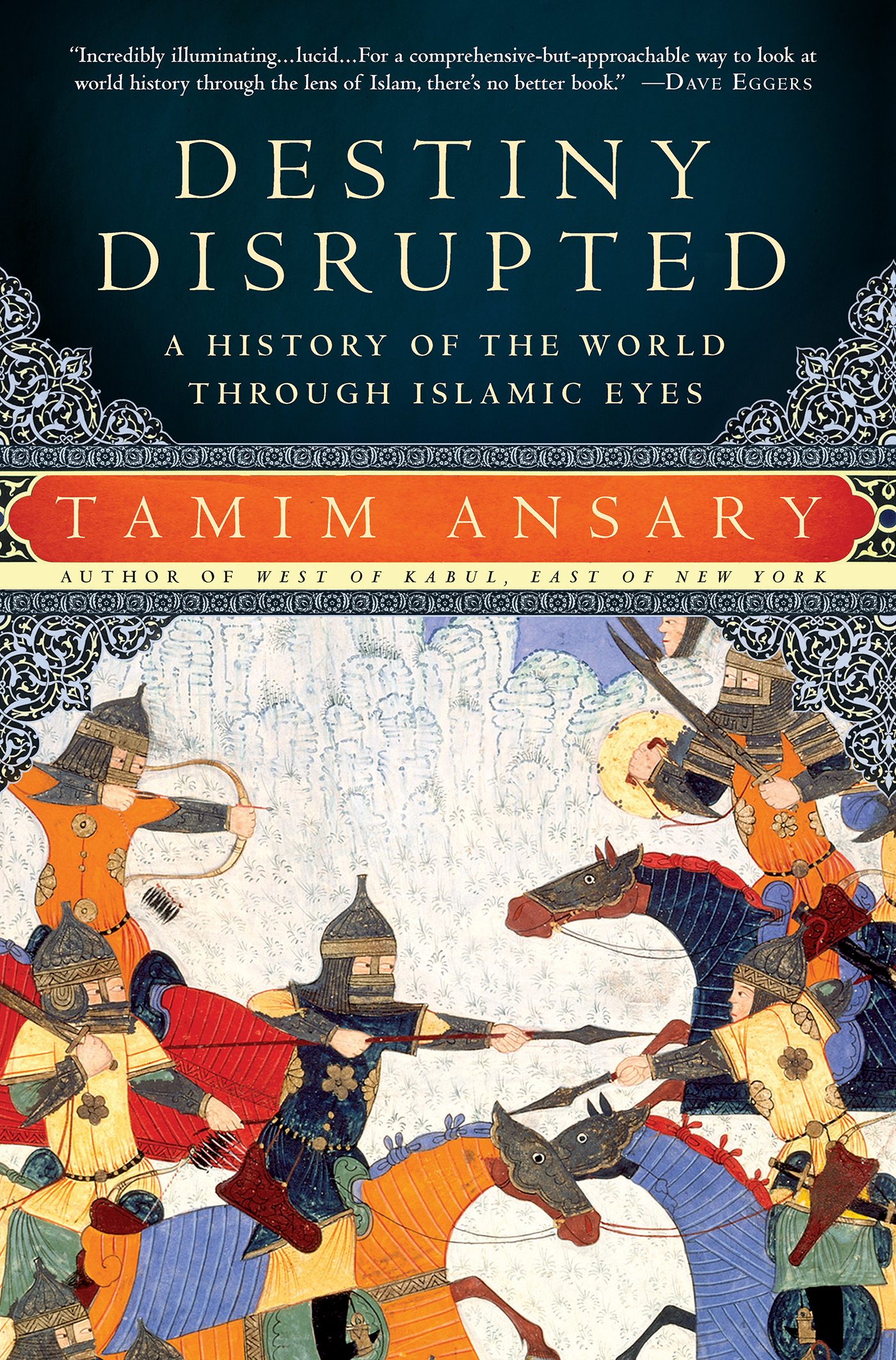
Destiny Disrupted: A History of the World Through Islamic Eyes
Book Description
Imagine a world where history unfolds through a lens rarely seen, revealing the vibrant tapestry of Islamic civilization. Tamim Ansary weaves together the monumental events and pivotal figures that shaped the Islamic narrative—from the birth of a prophet to the clashes of empires. With each turn of the page, the reader is thrust into a whirlwind of faith, conflict, and resilience, uncovering the rich culture and philosophies that have transformed societies. This is more than just a history; it’s a journey through time that challenges preconceived notions. What if the story we’ve been told was just one chapter in an epic saga?
Quick Book Summary
"Destiny Disrupted: A History of the World Through Islamic Eyes" by Tamim Ansary offers a sweeping account of world history, focusing on how Islamic civilization experienced and interpreted major global events. The book challenges the Eurocentric narrative prevalent in Western historiography by telling the story from the perspective of Muslim societies. Ansary chronicles the rise of Islam, the flourishing of the Islamic golden age, the challenges posed by Crusaders and Mongols, and the eventual impact of colonialism and modernity. The narrative emphasizes the development of Islamic thought, the shifts in power centers, and the ongoing search for identity and meaning within the Muslim world. By illuminating the interconnectedness of cultures and the enduring influence of the Islamic world, Ansary invites readers to see history as a complex, interwoven tapestry rather than a single, linear story.
Summary of Key Ideas
Table of Contents
The Divergence of Western and Islamic Historical Narratives
Tamim Ansary begins by highlighting how world history, as commonly taught in the West, centers Europe as the main actor, relegating the Islamic world to peripheral roles. He asserts that the Islamic world has maintained its own historical narrative, with different milestones and priorities, rooted in the life of the Prophet Muhammad and the rapid expansion of Islam thereafter. This divergence, according to Ansary, reflects fundamentally different worldviews and timelines that must be understood in their own context to fully appreciate global history.
The Foundations and Early Expansion of Islam
The story then traces the birth and rise of Islam in the 7th century, emphasizing the unifying force of Muhammad's teachings amidst the tribal divisions of Arabia. Ansary explores how Islam's message quickly spread, resulting in a vast empire that promoted both spiritual unity and new forms of governance. The early caliphates, internal disputes over leadership, and the eventual Sunni-Shia split formed the bedrock of Islamic political and cultural life, shaping the trajectory of Muslim societies for centuries to come.
Encounter with the West: Crusades, Mongols, and Colonialism
As Islamic civilization flourished, cities like Baghdad became renowned centers of learning, trade, and culture, fostering advancements in science, philosophy, and the arts. Ansary celebrates the Islamic world’s intellectual contributions during its golden age. However, he also chronicles disruptions caused by the Crusades and Mongol invasions, which shattered the unity and confidence of the Muslim world. These events led to internal fragmentation and set the stage for the eventual rise of Western powers.
Islamic Civilization’s Golden Age and its Decline
With the onset of European colonialism, the Muslim world found itself marginalized and subjugated. Ansary explains how colonial rule disrupted traditional governance, economies, and educational systems, leading to profound social and political consequences. The struggle for independence and modernity left many Muslim societies grappling with questions about cultural authenticity and political legitimacy as they attempted to reconcile their histories with the demands of the contemporary world.
Modern Challenges and the Quest for Muslim Identity
Finally, Ansary examines the enduring struggle over Muslim identity in the modern era. He discusses reform movements, Islamic revivalism, and ongoing debates between secular and religious approaches. These dilemmas mirror a broader search for meaning in a rapidly changing world. By retelling this alternative history, "Destiny Disrupted" encourages readers to rethink familiar narratives and recognize the intricate, parallel developments that have shaped our shared global past.
Download This Summary
Get a free PDF of this summary instantly — no email required.
